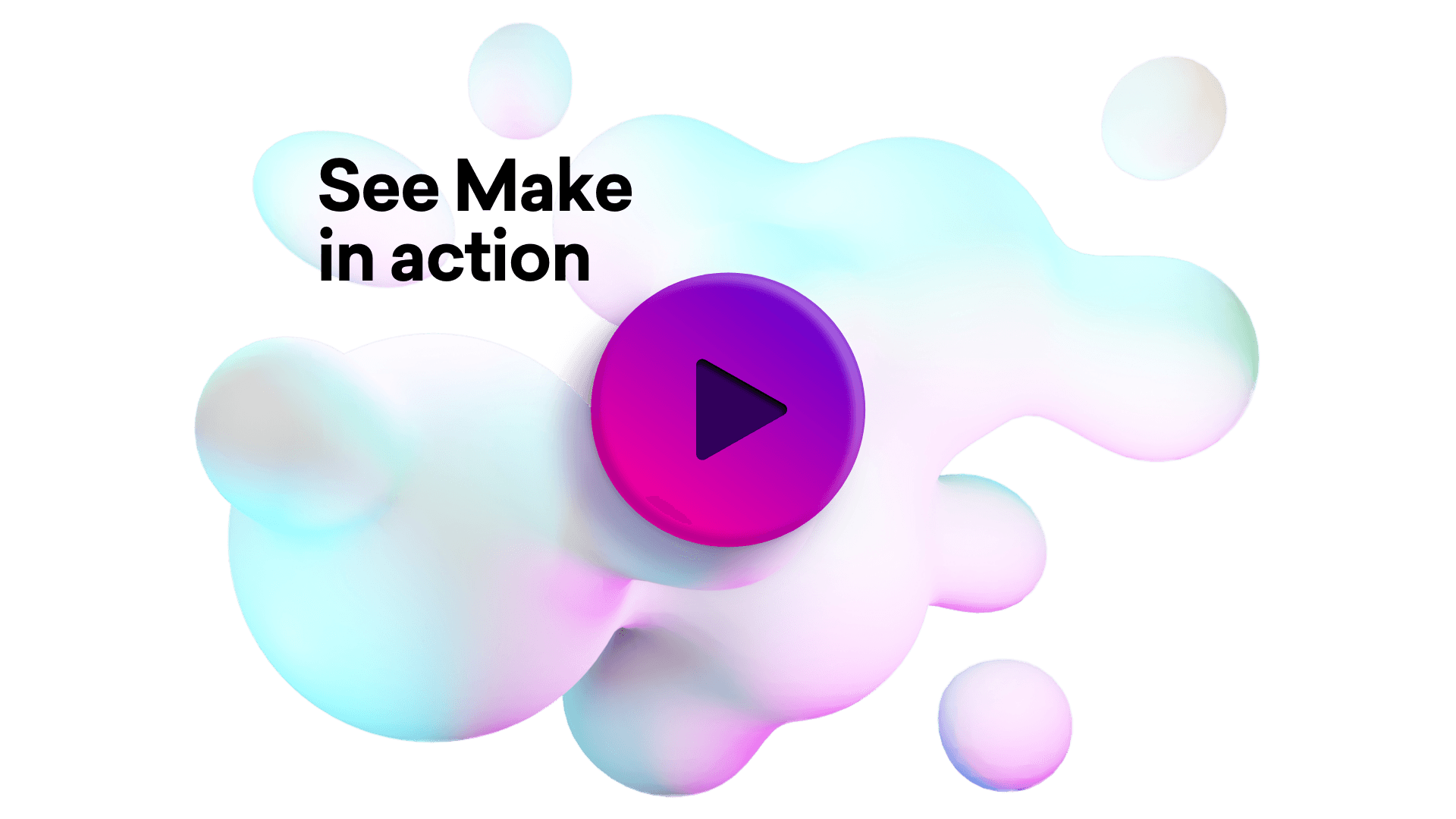Connect Manychat and Tools integrations
Connect Manychat and Tools with any of your favorite apps in just a few clicks. Design, build, and automate anything for your work by integrating apps like Manychat and Tools to create visual automated workflows. Choose from thousands of ready-made apps or use our no-code toolkit to connect to apps not yet in our library.
Trusted by thousands of fast-scaling organizations around the globe





Automate your work. Build something new.
Just drag and drop apps to automate existing workflows or build new complex processes. Solve problems across all areas and teams.

Build your Manychat and Tools integrations.
Create custom Manychat and Tools workflows by choosing triggers, actions, and searches. A trigger is an event that launches the workflow, an action is the event.
Generates bundles with their own structure.
Composes a string for easier mapping of scenarios.
Converts a text from one codepage to another.
Create a Unified subscriber.
Returns subscribers by a custom field. This API method only works with Text and Number types of Custom User Fields. Results are sorted by last Custom User Field value update for a specific user. List is limited by 100 elements.
Gets subscriber's info.
Get values of a previously stored variables.
Get the value of a previously stored variable.
Returns a value of 1 after first run. Every subsequent run will increment the returned value by 1.
Popular Manychat and Tools workflows.
Looking to get more out of Manychat and Tools? With Make you can visually integrate Manychat and Tools into any workflow to save time and resources — no coding required. Try any of these templates in just a few clicks.
Send new ManyChat subscribers as conversions to Facebook Conversions API
This template sends new ManyChat subscribers as conversions to Facebook Conversions API. The sent subscribers are then marked as sent in a custom field in ManyChat. There are several prerequisites. The template expects your ManyChat account to have these custom fields: 1) "Email" as text - your subscribers need to have either email or phone custom field filled out 2) "Phone" as text - your subscribers need to have either email or phone custom field filled out 3) "Good customer" as text - subscribers with a "yes" value are eligible to be sent to Facebook Conversions API. The template uses this dummy custom field to filter only for specific subscribers ("Good customers"). 4) "Passed to Facebook as a conversion" as text - this is used for storing a "yes" value after the subscriber is sent to Facebook Conversions API so the subscriber does not get sent to Facebook Conversions API over and over with every execution. The template is scheduled to run at 8:00 AM every day. You can change this after you set up the template.
TRY IT ->Create a reservation system using ManyChat and Google Sheets
This scenario connects ManyChat and Google Sheets as part of a reservation system built for an AI-enhanced chatbot powered by ManyChat and Janis.ai
TRY IT ->Create or update the Buyer Leads table on Coda's RE Template when the ManyChat-powered Messenger bot sends a new lead
This template syncs data from a ManyChat-powered Real Estate Bot to the Buyer Leads table on a Coda-powered Real Estate CRM. It also employs a Switch function for data manipulation.
TRY IT ->Find YouTube videos in a channel, summarize with ChatGPT, and email results
Discover YouTube videos within a specific channel, get concise summaries with ChatGPT, and receive the results via email. This streamlined process ensures you quickly access valuable information in an easy and informative format, enhancing your productivity and decision-making.
TRY IT ->Sync Facebook Ads data to Google Sheets
Simplify your marketing analytics workflow with our automated solution that transfers your Facebook Ads data to Google Sheets daily. Gain a consolidated view of your campaigns' performance and budget allocations every morning at 8:00 AM, using the previous day's data. Customizable scheduling is available to fit your reporting routine—adjust the time settings in the first module with a click.
TRY IT ->Find YouTube videos by keywords, summarize with ChatGPT, and email results
Discover relevant YouTube videos using keyword search, get concise summaries with ChatGPT, and receive the results via email. This streamlined process ensures you quickly access valuable information in an easy and informative format, enhancing your productivity and decision-making.
TRY IT ->Migration of connection in scenarios
Migrate your connection in multiple scenarios at one go, without needing to edit every scenario manually.
TRY IT ->Generate Fliki videos from new Medium articles
This template helps you automate the process of turning new Medium blog posts into videos using Fliki. It monitors a specified Medium publication's RSS feed, detects when a new post is published, and extracts the latest article URL. Once the latest post is identified, it sends the URL to Fliki, where a new video is automatically created using the article content. This workflow is ideal for content creators, marketers, or publishers who want to quickly repurpose written blog content into video format for platforms like YouTube, Instagram, or LinkedIn - saving time and maintaining consistent publishing across formats.
TRY IT ->Verify meeting compliance with MeetGeek and OpenAI to get alerts in Slack
Automatically review meeting transcripts for compliance issues using OpenAI and get notified in Slack when problems are found. This template connects a meeting source (e.g., MeetGeek, webhooks, Highlights) with OpenAI to analyze meeting transcripts for swearing, aggressive tone, or any other customizable rule. It then returns a structured JSON report including compliance status, a summary, and a list of flagged incidents. If a meeting is flagged as non-compliant, a detailed message is sent to Slack with all relevant insights. Perfect for team leads, compliance officers, or anyone managing large volumes of internal or client-facing meetings. This template was created by MeetGeek. For support, reach us at [email protected].
TRY IT ->
FAQ
How it works
Traditional no-code iPaaS platforms are linear and non-intuitive. Make allows you to visually create, build, and automate without limits.






